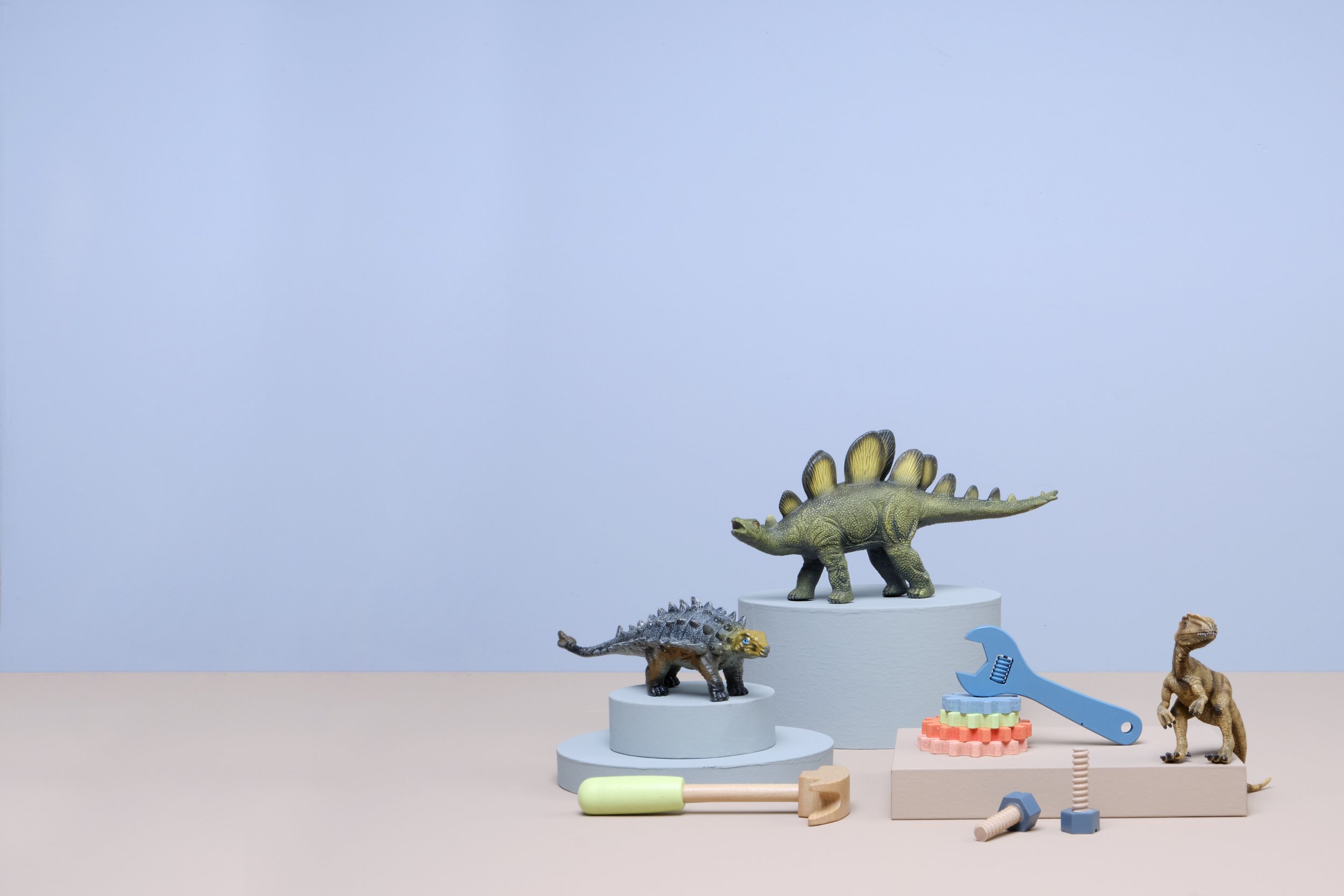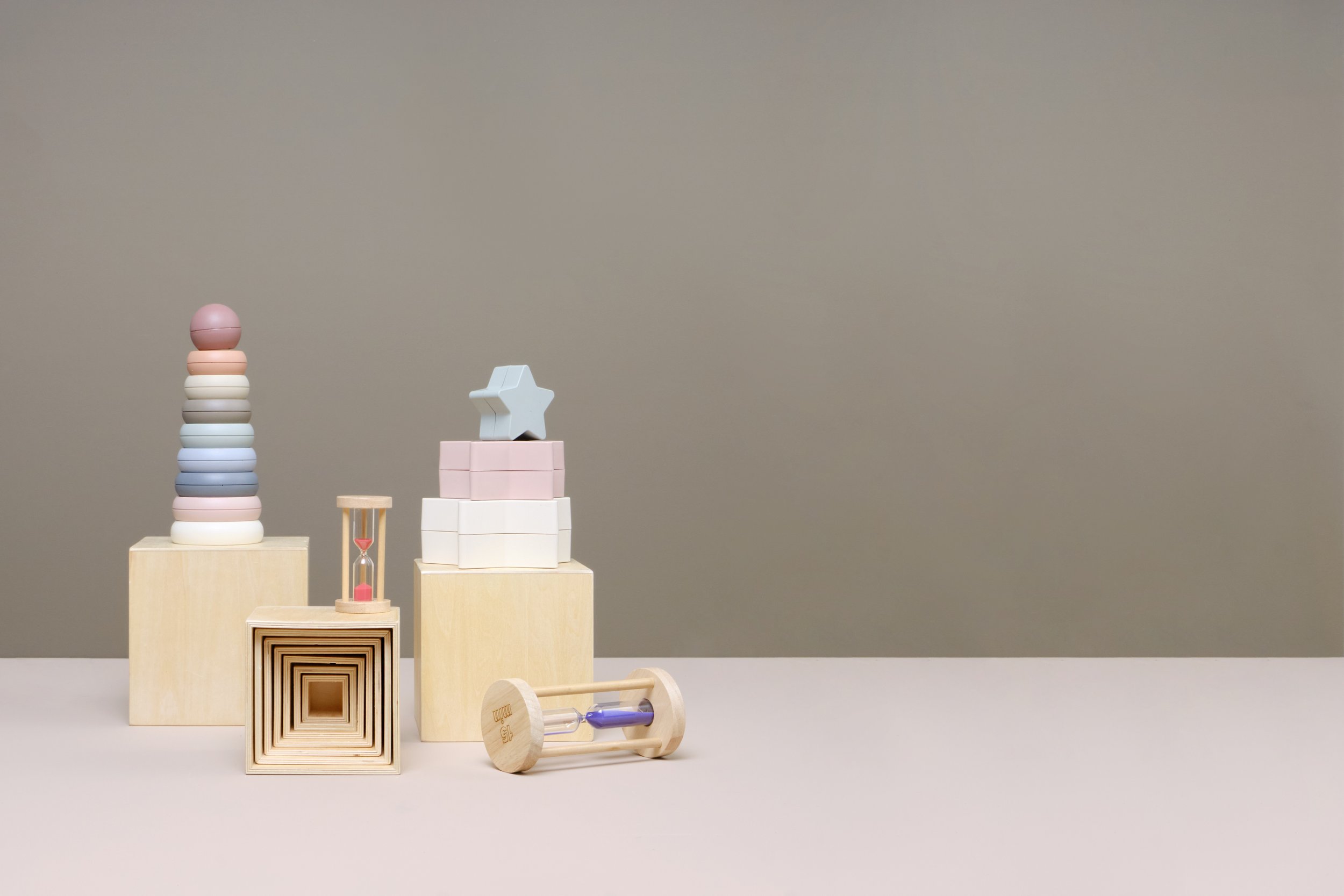
Our unique approach to play therapy…
Play therapy refers to a range of methods and modalities, capitalizing on children's natural urge to explore and respond to the world around them. By creating a safe space to play, we are able to discover and better respond to every child’s unique developmental experience and mental health needs.
Little Grasshopper aims to create a space for all children and all families on all journeys – helping children and their caregiver(s) take an active role in observing, learning, and aiding in healing and growth.
In early childhood, responsive and nurturing relationships support social and emotional health and resilience, while trauma and adversity may cause lifelong negative effects on psychological functioning, academic progress, and physical health. Children experience the same reactions as adults to troubling or confusing experiences, however, they lack the vocabulary and cognitive ability to communicate and cope with these early stressors.
The Benefits of Play
Through play we may discover sources of difficulties contributing to emotional or behavioral tendencies in children and their caregiver(s). Attempting to provide safe corrective experiences may reduce negative behavioral/emotional patterns, long-term suffering and future medical costs for families.
Caregiver(s) of young children often seek therapy after struggling to understand a child’s behavioral/emotional patterns or tendencies. At Little Grasshopper, we offer children an opportunity to guide their own play – providing a window into their experience, a way to voice their own unique needs, and insights for their caregiver(s) to uncover new tools allowing families to heal and grow.
Using play therapy to heal and understand…
Family Dynamics
Through play therapy we may discover ways to help you and your family cope with a traumatic birth experience, divorce or separation, moving or disruptions to home environments, new children in the household, sibling relationships, connecting with new caregiver(s), navigating a household with special needs and many other family dynamics. All families are unique and should be treated as such.
Behavioral and Emotional Patterns of Expression
In early childhood, a child’s behavioral/emotional patterns can often bewilder parent(s) and caregiver(s). Through observation and engagement in play therapy, we help families navigate and explore expressions of Anger, Anxiety, Depression, Oppositional Defiance Disorder (ODD), Conduct Disorder (CD), Attention-Deficit/Hyperactivity Disorder (ADHD), Obsessive Compulsive Disorder (OCD), Post-Traumatic Stress Disorder (PTSD), Attachment Concerns and many more.
Adverse & Traumatic Experiences
Like adults, adversity, oppression, traumatic experiences, early life stressors, and social pressures may impact children in varying ways they may not be unable to conceptualize. Play therapy may provide insight into how children and families experience and process grief after the loss of a family member, neglect or abuse, traumatic incidents or injuries, medical trauma, bullying, community or cultural distress, experiencing or witnessing violence, and unfortunately, more.
Gender Identity Exploration & Expression
As children grow and development, so will their sense of self and identity. Early childhood therapy may allow children to express and explore concepts of gender and sexuality in an inclusive, nurturing environment and the opportunity for caregiver(s) to discover nurturing ways to aid in your child’s journey of self-exploration.
